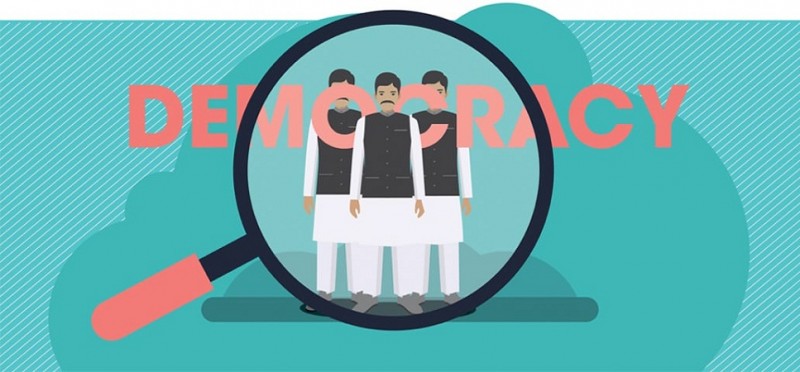
JACOB PEENIKAPARAMBIL: Political discourse in India is degenerating day by day, and often it becomes character assassination and mudslinging on political adversaries. Discussions in the parliament and legislative assemblies often lead to personal attacks and counter attacks instead of focusing on the issues of governance and problems affecting the people. The ruling parties very often try to justify their failures by referring to the mistakes committed by the opposition parties when they were in power. The opposition parties, instead of pointing out the failures and loopholes in the governance and highlighting the woes of the people, quite often indulge in personal attacks on the members of the ruling parties. As a result, the members of the parliament and legislative assemblies are losing their credibility before the people and the dignity of these institutions are eroded.
Election time is the worst with regard to political character assassination and mudslinging. The political parties start electioneering much before they prepare and present their manifestos before the people. As they have no clarity with regard to their policies and action plans once they come to power, they resort to personal attacks of their adversaries. Presentation of manifestos has become a routine for the political parties. In fact, the political parties have to first present their manifesto before the people and explain to them the various policy initiatives and action plans through electioneering. People must get the chance to question the leaders with regard to the feasibility and viability of their promises.
The opposition parties have to study the manifestos of the ruling parties on the basis of which they were elected by the people to rule the state or the nation for a period of five years. They have to grill the ruling parties on their failure to implement their promises or their lapses and defects in the implementation of the promises. Often the political parties forget their promises once they are elected.
How to improve the level of political discourse? The youth of India have to come forward. First of all, they have to analyse the political situation in the country using their critical thinking or scientific temper.
Secondly, they have to take initiative to organize citizens’ forums, consisting of people belonging to all sections of society. These forums have to prepare a list of their demands and expectations from the political parties. Representatives of all political parties are to be invited to these forums to give their response to the demands of the people.
Political parties often resort to shortcuts like promising freebees to the people. Some parties rake up emotional and divisive issues. The youth of this country have to tell these politicians and parties that the people of India are not interested in divisive issues. What they want is the wellbeing of all Indians, because Bharat Mata is basically the people of India. If the youth of this country, who constitute almost 70% of the population, take initiative, the level of political discourse can be raised by focusing on the basic needs of all people of India: food, clothing, shelter, employment, quality education and quality health care.